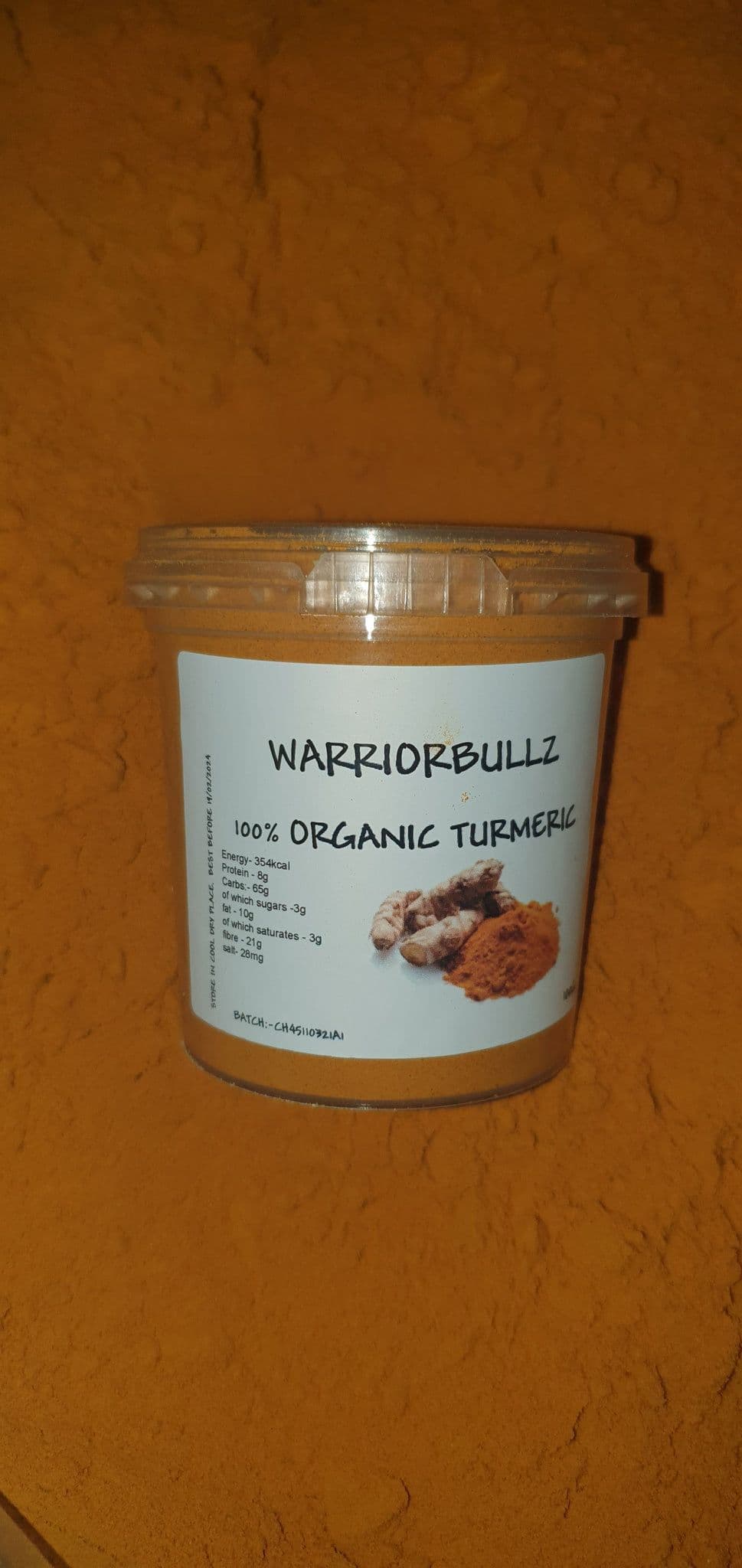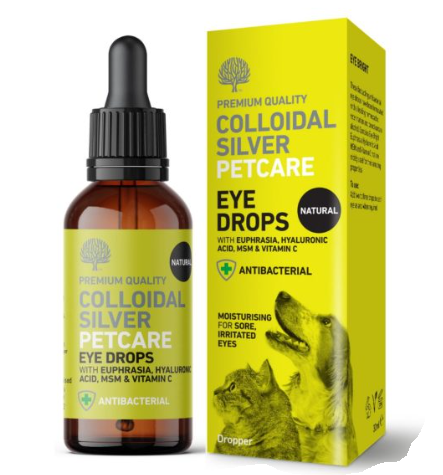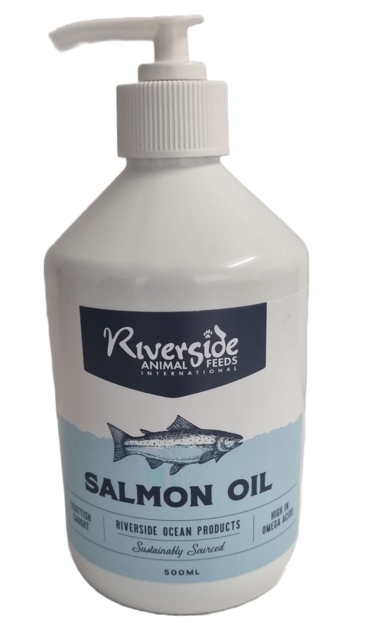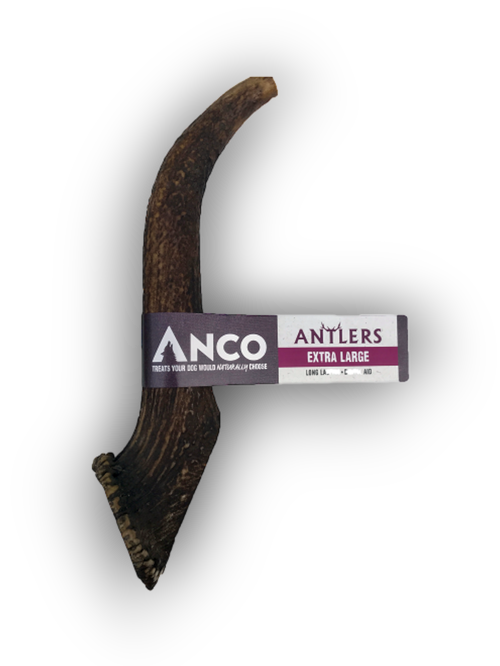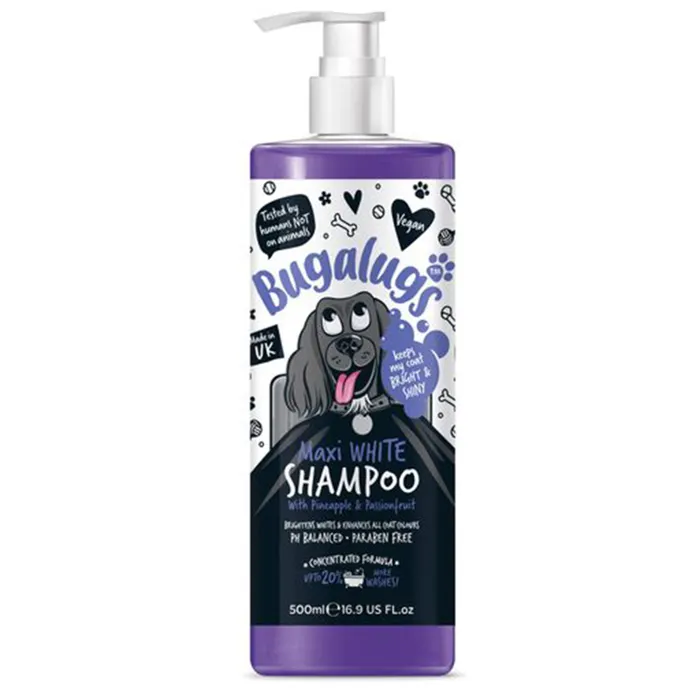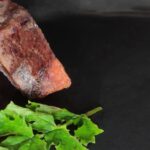Description
Turmeric Curcuma longa
Part used – the tuber, rhizome
Contains Volatile Oils and curcuminoid including of course cur cumin
Clinically
Anti-inflammatory, antioxidant, anti-platelet, anti-cancer hepato-protective, anodyne and a cholagogue. Is is warming and drying
Uses historically and Research
Traditional used for gastric ulcers and inflammation in particularly associated with rheumatoid arthritis
Small studies have shown improvement in dogs with joint disease but results as so often are not conclusive
Turmeric has been shown to have anti-cancer properties and induce apoptosis in certain types of cancer.
It has been shown to have liver protective properties against certain toxic chemical in rodent studies.
It has also been used with some success as and anti-snake venom
Possible Veterinary Indications
Inflammatory pain, As an adjunct to cancer therapy and inflammation of the liver
Drug interactions: none proven but consult your veterinarian if medically dosing as with all herbs Avoid with anti-coagulation medications
Suggest Feeding amounts
Dried and Ground Herb (Such as on the right above from WarriorBullz) 25-200mg/kg tid
Suggested to Feed: 1/2 to 1 teaspoon per 10 kg two or three time daily
It can be applied to wounds mixed as a paste – 50gm in 250ml hot water, cooled and then applied externally
Dried herb 50-500mg/kg ideally three times daily
Studies have shown that black pepper improves the absorption of turmeric in the intestine and can be used to reduce the dosage needed (see Golden Paste Recipe for more advice and how to make the paste) Of course it may be partly synergy between two herbs which we often use to our advantage in herbal medicine

